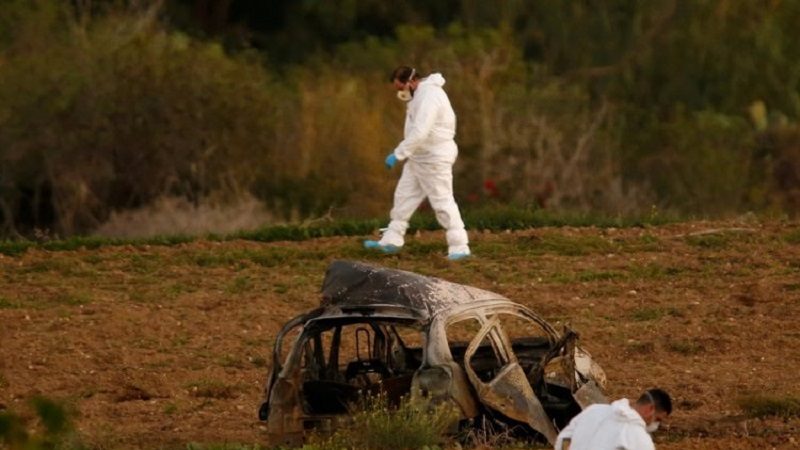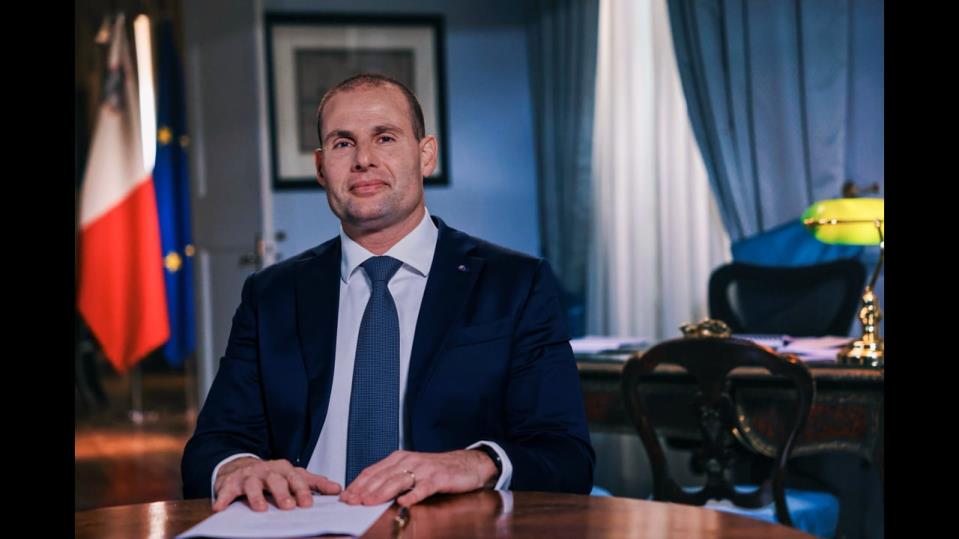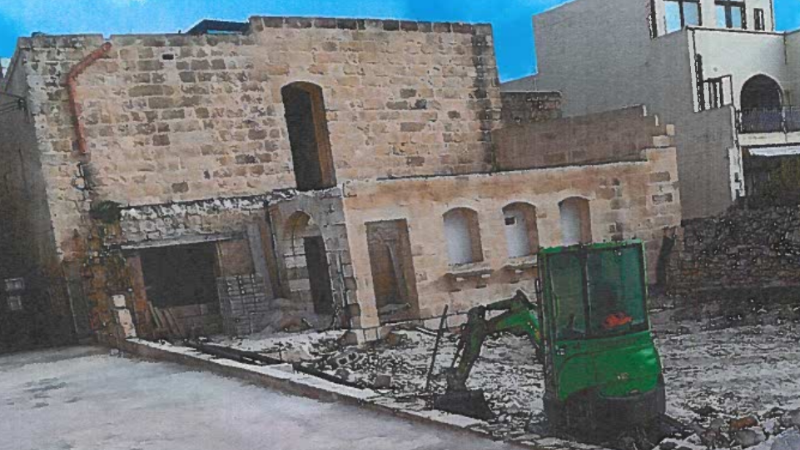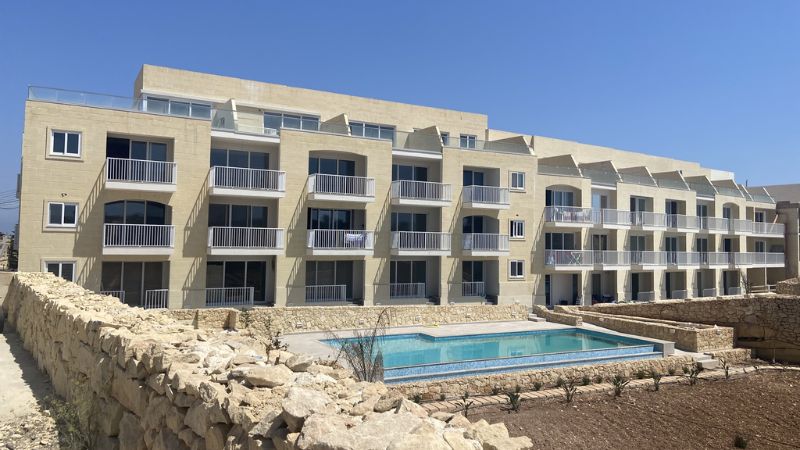Questions must be asked at a European level, answers must be given and action must be taken after the second journalist was murdered in an EU Member State within five months of Daphne Caruana Galizia’s assassination in Malta.
Jan Kucak, 27, and his girlfriend were shot dead in their home in Velka Maca, 65 kilometres east of the capital Bratislava on Sunday. Slovak Chief of Police Tibor Gaspar said the most probable motive for the investigative journalist’s murder was related to his investigative work.
We know the risks journalists are taking daily. If they are not killed, they face imprisonment or they disappear like Slovak journalists Palo Rypal (2008) and Miroslav Pejko (2015) both investigative journalists on economic matters.
These events raise a few questions: Why are journalists being targeted? And why are so many journalists investigating these types of stories related to economic crimes?
The continuous attacks by different European leaders on journalists are sending the wrong message. The Slovak Section of the Association of European Journalists (AEJ) pointed to aggressive verbal attacks on journalists by State representatives as provoking the situation.
“This is clearly also a dire consequence of the climate engendered by systematic long-term aggressive verbal attacks on journalists by various leading state representatives,” they said in statement on Monday.
Comments such as those by Slovakia’s prime minister, Robert Fico, who in 2016 referred to some journalists as “dirty anti-Slovak prostitutes,” or Czech President Miloš Zeman appearing for a press conference with a mock assault rifle with “toward journalists” or “at journalists” written on it.
In Malta, politicians and ‘journalists’ who allow themselves to be used by those in power repeatedly and systematically attacked Caruana Galizia using words like “bicca blogger” or “queen of bile”. Today marks the 10th anniversary since Caruana Galizia launched her blog ‘Running Commentary’ – her first post dealt with corruption and she died because of what she exposed.
In Slovakia Culture Minister Marek Madaric resigned saying, “Plainly said, I cannot as Culture Minister put up with a journalist being murdered during my tenure”. In Malta, Culture Minister Owen Bonnici was one of the members of government who followed the Prime Minister’s lead in denigrating Caruana Galizia. Yet, he has expressed no remorse and he has not felt the need to step aside.
Other forms of restraint such as character attacks, freezing of financial assets and legal threats are used on journalists to instil fear. The aim is to stop them from doing their duty and seeking the truth in the public interest.
Civil society must help the independent press make sure that the real news continues to be published. Our support is needed more than ever. And the EU must act and decide on a course of action to ensure justice and the rule of law. Pressure being applied by MEPs to improve the protection of journalists should be applauded.
If the EU and its institutions do not act, then more journalists are going to die in Member States. Andrew Caruana Galizia, the slain journalist’s son, said: “My family warned the European Commission that with my mother’s assassination Malta had set a new standard of permissible behaviour within the EU and that others would soon die if decisive action isn’t taken. Jan Kuciak could have been saved”.












